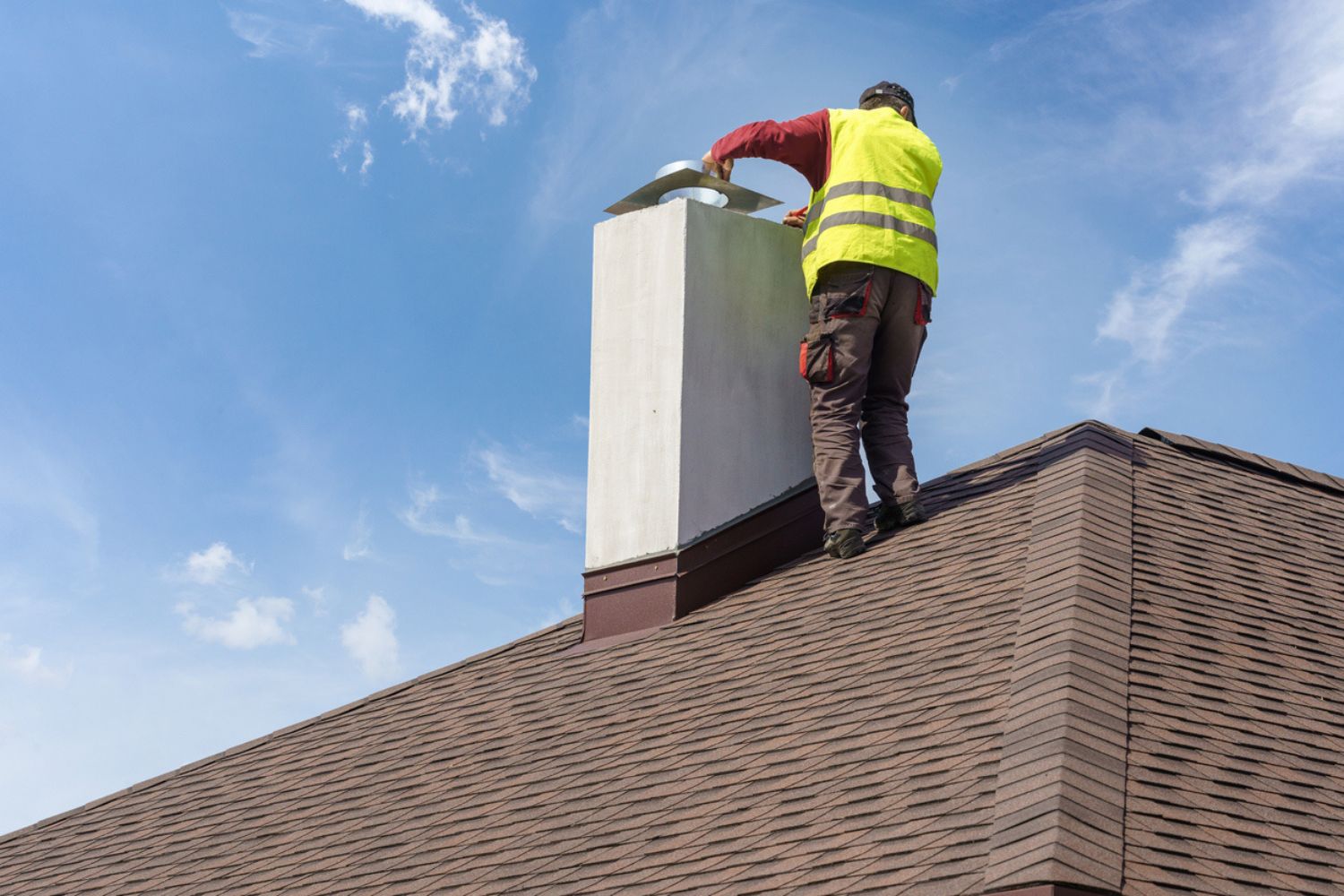

Articles
How Much Does Chimney Inspection Cost
Modified: February 24, 2024
Get information on the average cost of chimney inspection. Read articles and tips on chimney inspection prices and factors that can affect the overall cost.
(Many of the links in this article redirect to a specific reviewed product. Your purchase of these products through affiliate links helps to generate commission for Storables.com, at no extra cost. Learn more)
Introduction
Having a chimney in your home provides numerous benefits, from cozy fires on chilly nights to improved energy efficiency. However, maintaining your chimney requires regular inspection to ensure it remains safe and functional.
Chimney inspection is a vital part of home maintenance, as it helps identify potential issues such as structural damage, creosote buildup, and blockages. But how much does chimney inspection cost? In this article, we will explore the factors that influence chimney inspection costs, the average cost of an inspection, and the importance of regular chimney inspections.
When it comes to chimney inspection costs, several factors come into play, including the type of chimney, its size, location, and the extent of the inspection needed. Let’s delve into these factors in more detail.
Key Takeaways:
- Regular chimney inspection is crucial for safety, efficiency, and cost savings. Factors like type, size, and location influence costs, but investing in professional inspections ensures thorough evaluations and peace of mind.
- Choosing the right chimney inspection service is essential. Look for certified professionals, check qualifications, and consider customer reviews. Prioritize safety, expertise, and comprehensive evaluations for a reliable and long-lasting chimney.
Read more: How Much Does It Cost To Build A Chimney
Factors that Affect Chimney Inspection Cost
Several factors contribute to the overall cost of a chimney inspection. Understanding these factors can help you better estimate the expenses involved. Here are the key factors that can affect chimney inspection costs:
- Type of Chimney: The type of chimney you have can influence the inspection cost. Different types, such as masonry chimneys, metal chimneys, or prefabricated chimneys, may require varying levels of expertise and specialized equipment, affecting the overall cost.
- Size of the Chimney: The size of the chimney, including its height and width, can impact the inspection cost. Taller or wider chimneys often require more time and effort to thoroughly inspect, which can increase the overall cost.
- Location: The location of your chimney can affect the inspection cost. If your chimney is located in a hard-to-reach area or requires extra precautions, such as working at heights or accessing tight spaces, the cost may be higher due to the additional time and effort involved.
- Extent of the Inspection: The level of inspection needed also plays a role in determining the cost. A basic visual inspection may be less expensive than a more comprehensive inspection that involves using specialized tools and equipment to assess the internal condition of the chimney.
- Additional Services or Repairs: If during the inspection, any issues or damage are identified, such as cracks, leaks, or blockages, additional services or repairs may be required. The cost of these additional services, such as chimney cleaning, chimney cap replacement, or masonry repairs, will add to the overall inspection cost.
- Geographical Area: The cost of chimney inspection can also vary based on your geographical location. Factors such as local labor rates, competition among chimney inspection companies, and general cost of living in your area can affect the pricing.
It’s important to keep in mind that each chimney inspection is unique, and the cost can vary based on these factors. To get an accurate cost estimate, it is advisable to reach out to professional chimney inspection services and obtain quotes tailored to your specific chimney.
Average Cost of a Chimney Inspection
The average cost of a chimney inspection can vary depending on the factors mentioned earlier. A basic chimney inspection typically ranges from $100 to $250. This type of inspection involves a visual assessment of the chimney’s exterior, looking for any signs of damage, deterioration, or blockages.
If you require a more in-depth inspection, such as a level 2 inspection, which includes a thorough examination of the chimney’s interior using specialized tools and equipment, the cost can range from $200 to $500. This type of inspection is recommended if you have experienced any chimney-related issues or if you have recently purchased a property with an existing chimney.
Additional services, such as chimney cleaning or repairs, will incur extra costs. Chimney cleaning may cost between 0 to 0, depending on the size of the chimney and the level of creosote buildup. Repairs, such as fixing cracks or replacing chimney caps, can range anywhere from $200 to $1000, depending on the extent of the damage and the materials required.
Remember that these figures are just average estimates, and the actual cost may vary based on your specific circumstances and location. It is prudent to obtain quotes from reputable chimney inspection companies to get a more accurate idea of the cost.
Investing in regular chimney inspections is a wise decision as it allows you to identify and address potential issues before they worsen. Neglecting chimney maintenance can lead to more significant problems down the line, such as chimney fires or carbon monoxide leaks, which pose severe risks to your safety and your property.
Now that we have discussed the cost of chimney inspections and the factors that influence it, let’s explore some additional costs that may be associated with chimney inspections.
Additional Costs Associated with Chimney Inspection
While the cost of a chimney inspection primarily includes the assessment itself, there may be additional costs or services that you should be aware of. Here are some common additional costs associated with chimney inspection:
- Chimney Cleaning: During the inspection, if it is determined that your chimney requires cleaning, you will have an additional cost for chimney cleaning services. The cost of chimney cleaning can range from $100 to $300, depending on the size of the chimney and the level of creosote buildup.
- Chimney Repairs: If any issues or damage are detected during the inspection, repairs may be necessary. Common chimney repairs include fixing cracks, replacing chimney caps, repairing mortar joints, or addressing water leaks. The cost of chimney repairs can vary significantly depending on the extent of the damage, the materials needed, and the complexity of the repairs. The cost can range anywhere from $200 to $1000 or more.
- Liner Installation: If it is determined that your chimney liner is damaged or inadequate, you may need to invest in a new chimney liner. The cost of chimney liner installation can vary depending on the type of liner (stainless steel, clay, etc.) and the size of the chimney. On average, chimney liner installation can cost between 00 to $3000.
- Chimney Cap Replacement: If your chimney cap is damaged or missing, it is essential to replace it to prevent water, debris, and animals from entering the chimney. The cost of a chimney cap replacement can range from $200 to $500, depending on the type of cap and the complexity of the installation.
- Tuckpointing and Masonry Repairs: If your chimney’s mortar joints are deteriorating or there are visible signs of masonry damage, tuckpointing or masonry repairs may be required. The cost of these repairs depends on the extent of the damage, the size of the chimney, and the materials needed. Tuckpointing and masonry repairs can range from a few hundred dollars up to several thousand dollars.
- Chimney Waterproofing: To protect your chimney from water damage, waterproofing is recommended. The cost of chimney waterproofing typically ranges from $500 to $1500, depending on the size of the chimney and the products used.
It is important to keep in mind that these additional costs may not always be required during your chimney inspection. However, if any issues or damage are identified, addressing them promptly can help maintain the safety and functionality of your chimney, saving you money in the long run.
Now that we have covered the factors that affect chimney inspection costs, the average cost of an inspection, and the additional costs associated with chimney inspection, let’s discuss the importance of regular chimney inspection.
Importance of Regular Chimney Inspection
Regular chimney inspection is crucial for maintaining the safety, efficiency, and longevity of your chimney. Here are several reasons why regular chimney inspections are essential:
- Identifying Safety Hazards: A chimney inspection can help identify potential safety hazards, such as creosote buildup, cracks in the chimney liner, blockages, or structural damage. Detecting these issues early on allows you to take prompt action to prevent chimney fires, carbon monoxide leaks, or other dangerous situations.
- Ensuring Proper Functioning: Over time, chimneys can become obstructed by debris, nests, or other blockages, impairing their functionality. Regular inspections help ensure that the chimney is clear of any obstructions, allowing smoke and gases to flow freely, preventing smoke backup into the home, and promoting efficient fireplace performance.
- Preventing Costly Repairs: By detecting and addressing minor issues during regular inspections, you can prevent them from escalating into more significant and costly problems. Timely repairs of cracks, leaks, or deteriorating masonry can help extend the lifespan of your chimney and save you from expensive repairs in the future.
- Maintaining Energy Efficiency: A properly functioning chimney improves the energy efficiency of your home. Inspections help identify any gaps, cracks, or leaks that may be allowing drafts or heat loss. Addressing these issues helps maintain an airtight and energy-efficient system, reducing energy waste and lowering utility bills.
- Prolonging Chimney Lifespan: Regular inspections and timely maintenance can significantly extend the lifespan of your chimney. By addressing small repairs and maintaining proper cleaning and upkeep, you can ensure that your chimney continues to serve you reliably and safely for many years to come.
- Meeting Insurance Requirements: Some insurance companies require proof of regular chimney inspections and maintenance to provide coverage for damages related to chimney issues. A documented history of inspections can help ensure your insurance policy remains valid and provide peace of mind.
- Complying with Building Codes and Regulations: Regular inspections help ensure that your chimney meets the necessary building codes and regulations. This is particularly important if you are planning to sell your home in the future, as potential buyers often request documentation of chimney inspections and repairs.
With all these benefits in mind, it is clear that regular chimney inspection is a crucial part of home maintenance. By scheduling regular inspections and addressing any identified issues promptly, you can enjoy a safe, efficient, and long-lasting chimney for years to come.
Now, let’s discuss the differences between DIY chimney inspections and professional inspections.
When budgeting for a chimney inspection, consider factors such as the type of chimney, its accessibility, and the location of your home. Prices can range from $100 to $300 for a basic inspection.
Read more: How Much Does It Cost To Replace A Chimney
DIY Chimney Inspection vs. Professional Inspection
When it comes to chimney inspections, homeowners often wonder if they can perform the inspection themselves or if it’s best to hire a professional. While some basic inspections can be done by homeowners, there are several key differences between DIY chimney inspections and professional inspections:
DIY Chimney Inspection:
DIY chimney inspection involves visually examining the exterior of the chimney and looking for any noticeable signs of damage or blockages. Here are the key aspects of a DIY chimney inspection:
- Visual Assessment: DIY inspections typically involve a basic visual inspection of the chimney, including checking for cracks, loose bricks, or signs of deterioration. This can be done from the ground or using a ladder to get a closer look.
- Cleaning: Homeowners can also perform basic chimney cleaning themselves, removing loose debris, leaves, or animal nests from the chimney exterior.
- Limitations: DIY inspections have some limitations. They only provide a surface-level assessment and do not include internal evaluation or the use of specialized tools to identify hidden issues. DIY inspections may not be able to detect underlying problems such as creosote buildup, internal chimney damage, or carbon monoxide leaks.
- Fire Safety: While DIY inspections can help identify obvious issues, they may not provide a comprehensive evaluation of fire safety hazards like creosote deposits. It is important to consult a professional for a more thorough inspection to ensure fire safety.
Professional Chimney Inspection:
Professional chimney inspections are more comprehensive and involve a detailed assessment of the chimney’s condition. Here’s why professional inspections are beneficial:
- Thorough Examination: Professional chimney inspectors are trained to perform thorough inspections, including both visual assessment and internal evaluation of the chimney’s components. They use specialized tools and equipment to identify hidden problems and potential hazards.
- Knowledge and Expertise: Chimney professionals have the knowledge and expertise to accurately assess the condition of your chimney, identify issues, and recommend appropriate repairs or maintenance. They are familiar with the relevant building codes and regulations.
- Safety Measures: Professional inspections prioritize safety. They can detect potential carbon monoxide leaks, gas leaks, and other safety hazards that may not be easily identifiable during a DIY inspection.
- Detailed Reports: Professional chimney inspectors provide detailed reports outlining the condition of the chimney, any issues or recommended repairs, and maintenance recommendations. These reports serve as a valuable reference and documentation for insurance purposes or when selling a home.
- Peace of Mind: Hiring a professional chimney inspector gives homeowners peace of mind, knowing that their chimney has been thoroughly evaluated by a qualified expert, reducing the risk of undetected problems and ensuring the safety and functionality of the chimney.
While a DIY chimney inspection can provide some basic information, it is recommended to schedule professional inspections on a regular basis, especially for more in-depth assessments. Professionals have the knowledge, tools, and experience to identify hidden issues, ensure fire safety, and provide comprehensive evaluations of your chimney’s condition.
Now, let’s discuss some tips on how to choose the right chimney inspection service.
Choosing the Right Chimney Inspection Service
When it comes to selecting a chimney inspection service, it’s essential to choose a reputable and qualified professional. Here are some tips to help you choose the right chimney inspection service:
- Check Qualifications: Look for chimney inspection services that have certified technicians. Certification from organizations such as the Chimney Safety Institute of America (CSIA) ensures that the inspector has undergone proper training and has the necessary knowledge and expertise to perform inspections and repairs.
- Ask for Recommendations: Seek recommendations from friends, family, or neighbors who have recently had their chimney inspected. Personal referrals can provide valuable insights into the quality of services provided and the satisfaction of previous customers.
- Check Online Reviews: Read online reviews and testimonials about chimney inspection services in your area. This can give you an idea of the experiences of other customers and help you gauge the reputation and reliability of the service providers.
- Verify Insurance and Licenses: Ensure that the chimney inspection service carries the necessary insurance coverage to protect against any potential damages or accidents during the inspection process. Additionally, check if they hold the required licenses and permits to operate in your area.
- Request Estimates and Compare Prices: Contact multiple chimney inspection services and request written estimates for the inspection. Compare the prices along with the services provided to determine the best value for your money. However, remember that the cheapest option may not always be the best choice.
- Inquire About Services Offered: Find out what services the chimney inspection company offers. Do they also provide troubleshooting, cleaning, repairs, or maintenance? Having a comprehensive range of services available from a single provider can be convenient and cost-effective in the long run.
- Ask About Experience: Inquire about the experience of the chimney inspection service. How long have they been in the industry? Do they specialize in a particular type of chimney? A company with a solid track record and extensive experience is likely to have the knowledge and skills needed to handle various chimney systems.
- Request References: Don’t hesitate to ask for references from past clients. A reputable chimney inspection service should be willing to provide references that you can contact to verify the quality of their work and customer satisfaction.
- Consider Customer Service: Evaluate the customer service provided by the chimney inspection service. Are they responsive and courteous when answering your questions or scheduling appointments? Do they prioritize customer needs and satisfaction? Choose a service that values open communication and provides reliable support.
- Review Contracts and Terms: Before finalizing your decision, carefully review the terms and conditions mentioned in the contract. Pay attention to cancellation policies, warranties, and any specific terms of service. Clear and transparent contracts help ensure a smooth and satisfactory experience.
By following these tips, you can make an informed decision when choosing a chimney inspection service that meets your requirements and provides professional and reliable service.
Now let’s summarize what we’ve covered in this article.
Read more: How Much Does It Cost To Clean A Chimney
Conclusion
Regular chimney inspection is a vital part of maintaining the safety, efficiency, and longevity of your chimney. While the cost of chimney inspection can vary based on factors such as the type of chimney, size, location, and extent of the inspection, it is a worthwhile investment to protect your home and ensure the smooth functioning of your chimney.
Factors such as chimney cleaning, repairs, liner installation, chimney cap replacement, and waterproofing can incur additional costs during the inspection process. However, addressing these issues promptly can help prevent more significant and costly problems in the future.
DIY chimney inspections can provide a basic assessment of the chimney’s exterior, but professional inspections offer a more comprehensive and thorough evaluation, ensuring the detection of hidden issues and adherence to safety standards. Hiring a qualified chimney inspection service provides peace of mind and ensures the expertise needed to identify potential hazards and recommend appropriate repairs and maintenance.
When choosing a chimney inspection service, it is important to consider their qualifications, reputation, pricing, range of services, customer reviews, and experience. Obtain estimates, check references, and review contracts to make an informed decision that aligns with your needs and expectations.
By prioritizing regular chimney inspections, you can identify and address potential problems early on, maintain the safety, energy efficiency, and functionality of your chimney, and prolong its lifespan. This proactive approach not only protects your property but also offers peace of mind for you and your family.
Remember, chimney inspections are not just an expense; they are an investment in the safety and well-being of your home. So, don’t wait; schedule your chimney inspection today and enjoy a warm and cozy fireplace season with confidence.
Frequently Asked Questions about How Much Does Chimney Inspection Cost
Was this page helpful?
At Storables.com, we guarantee accurate and reliable information. Our content, validated by Expert Board Contributors, is crafted following stringent Editorial Policies. We're committed to providing you with well-researched, expert-backed insights for all your informational needs.
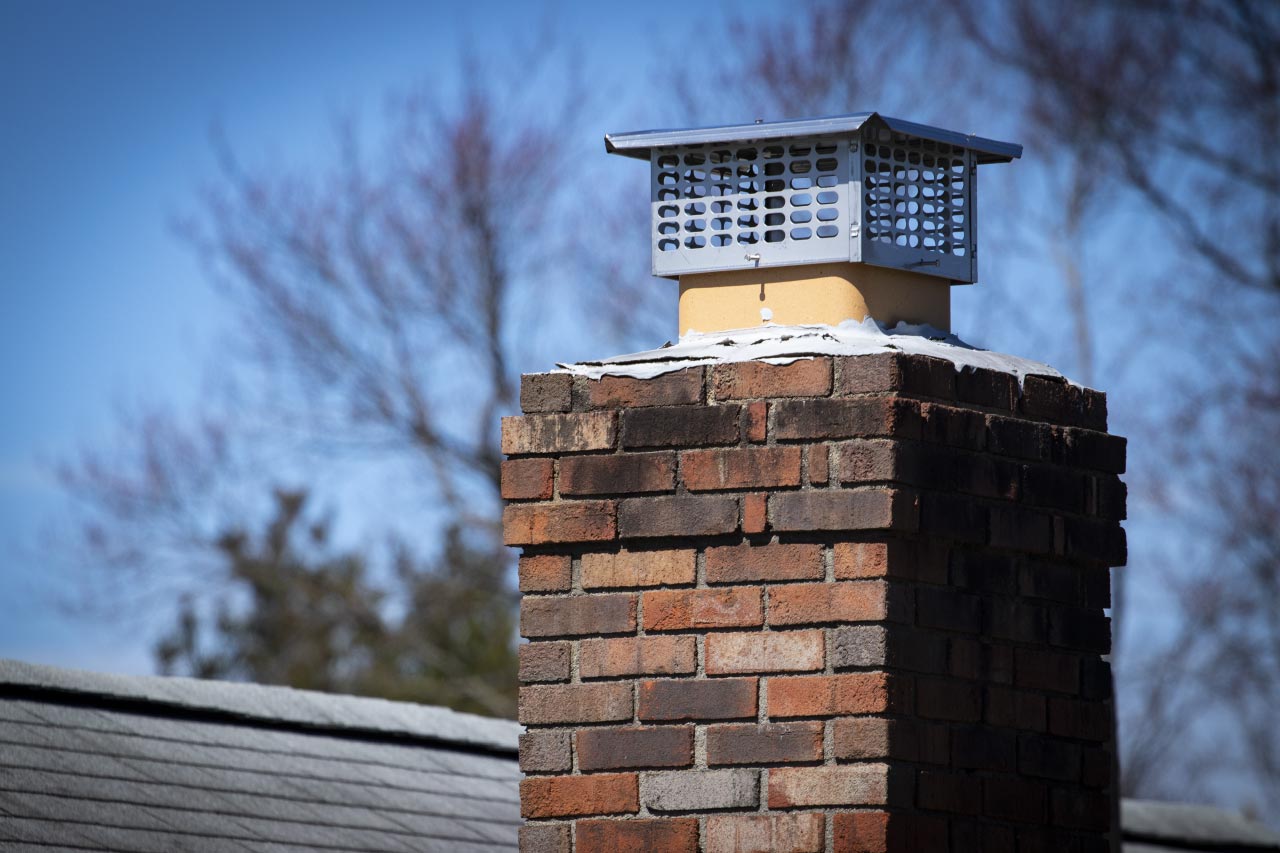
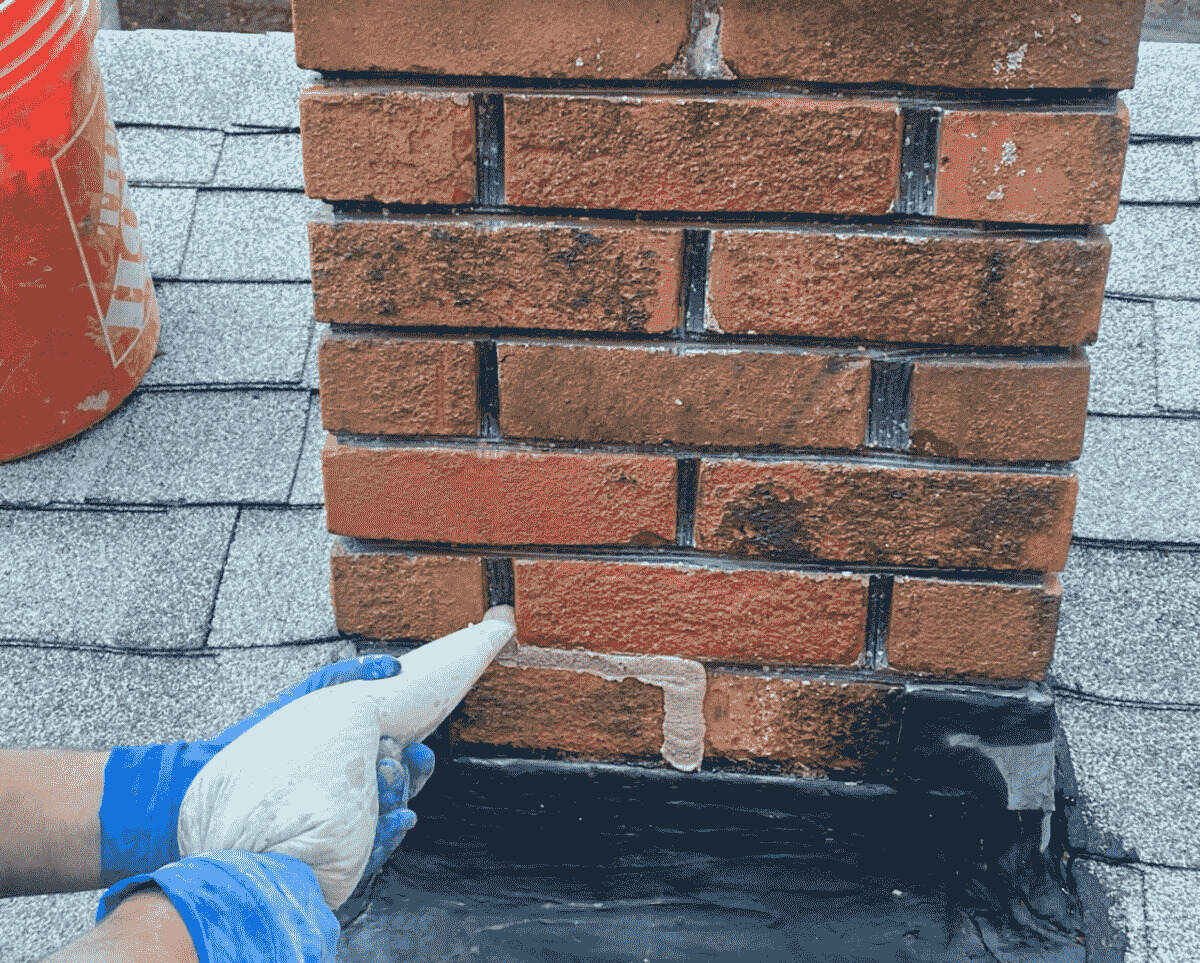
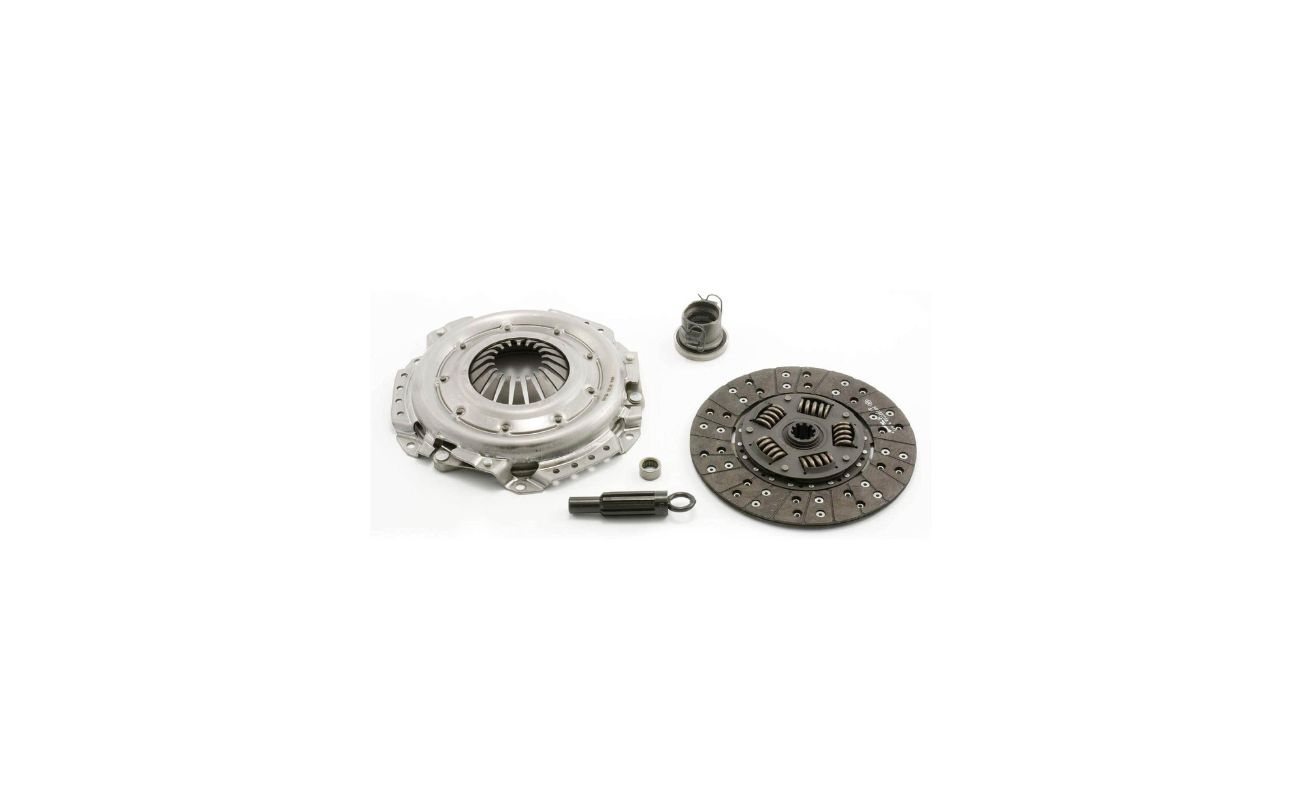
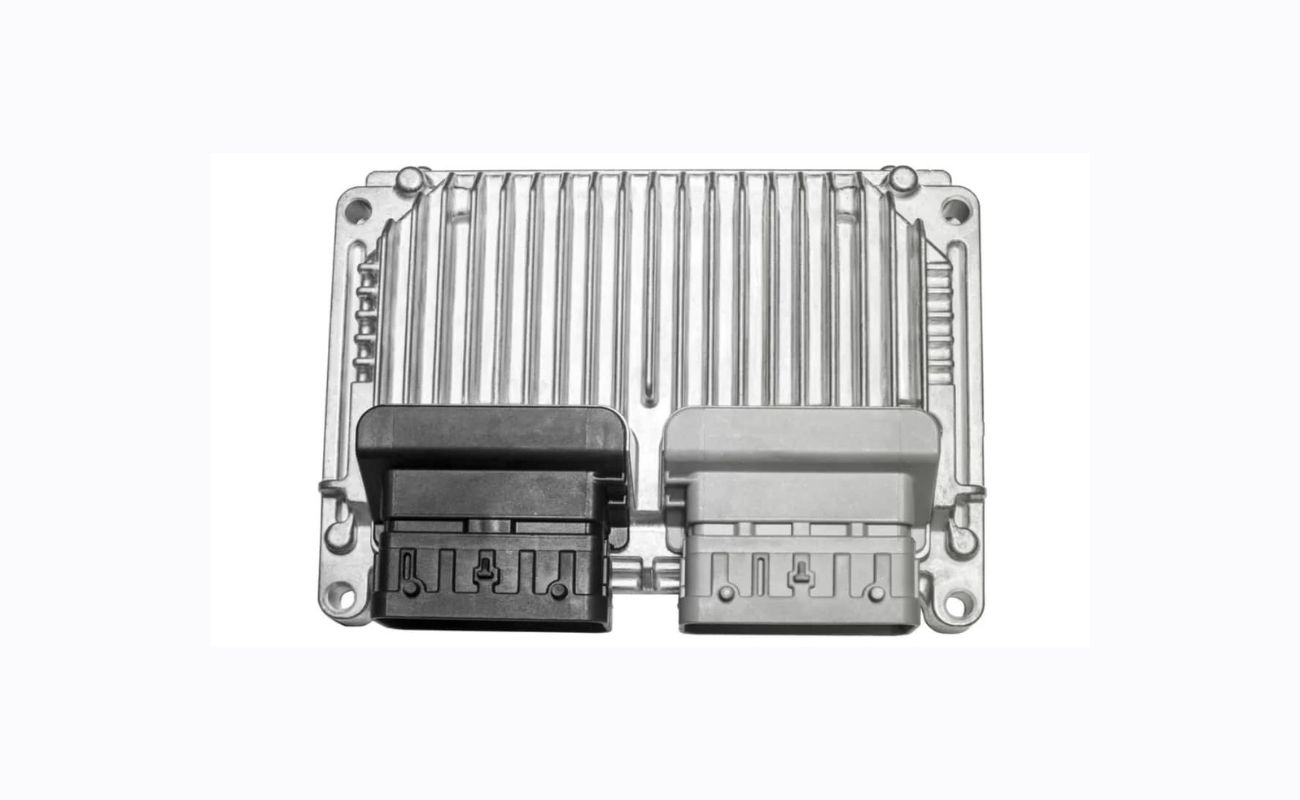
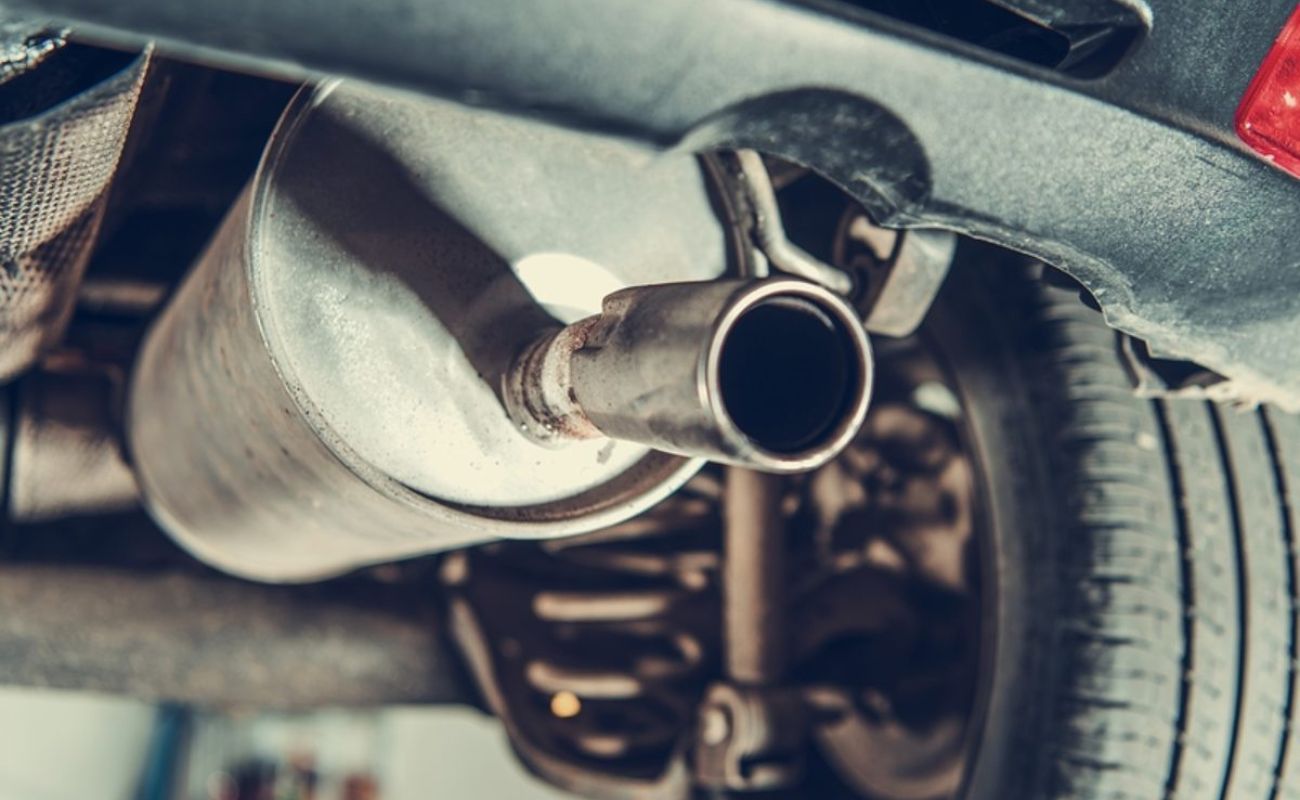

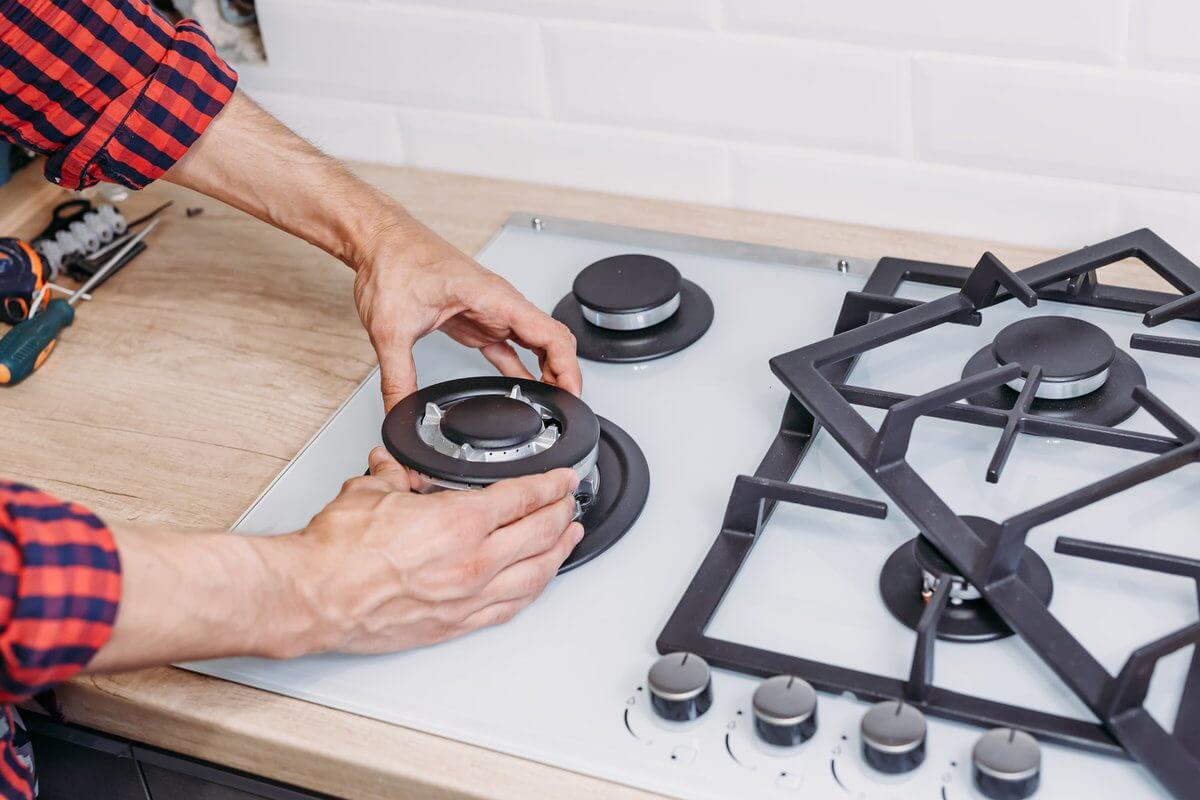

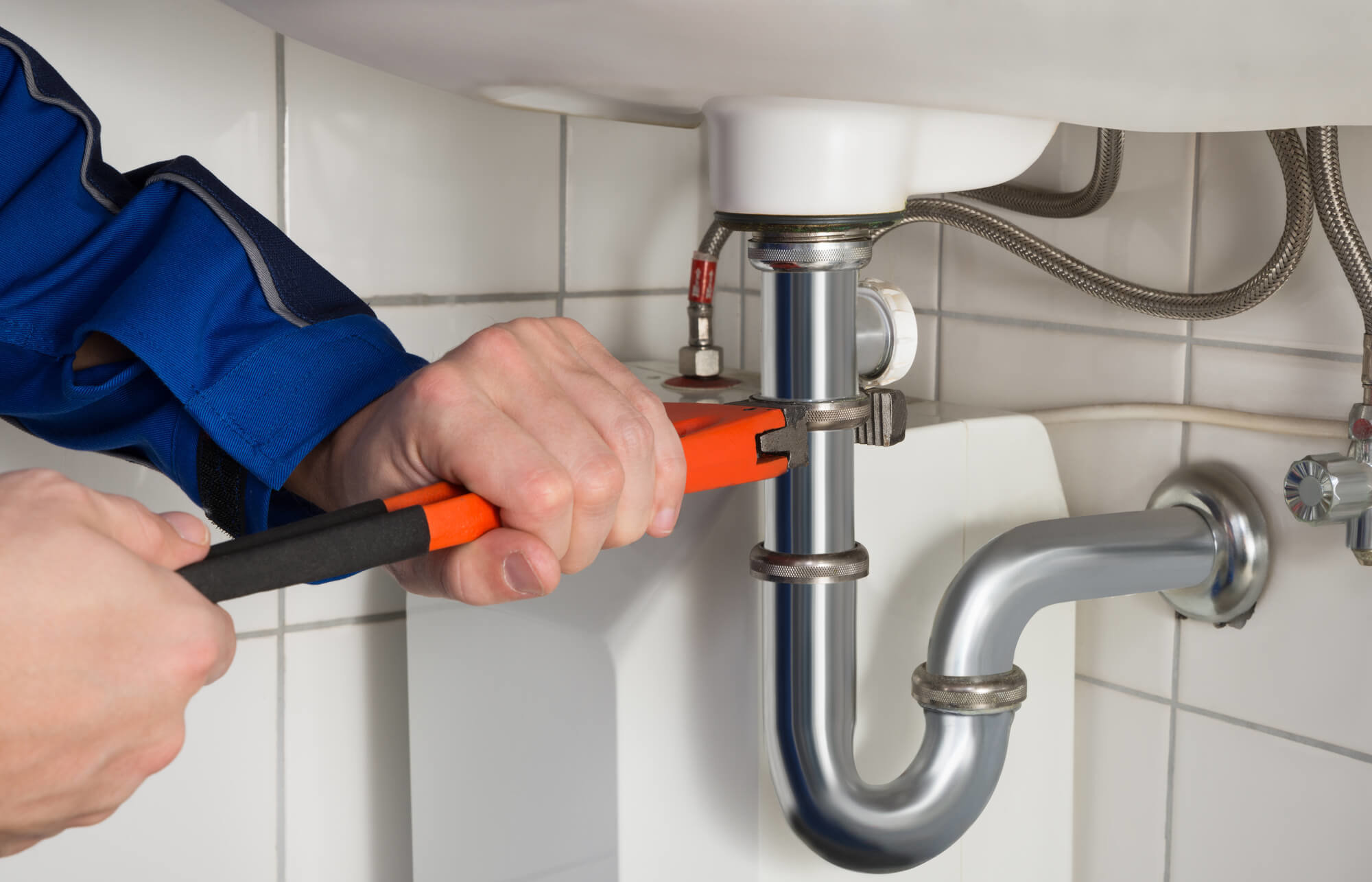
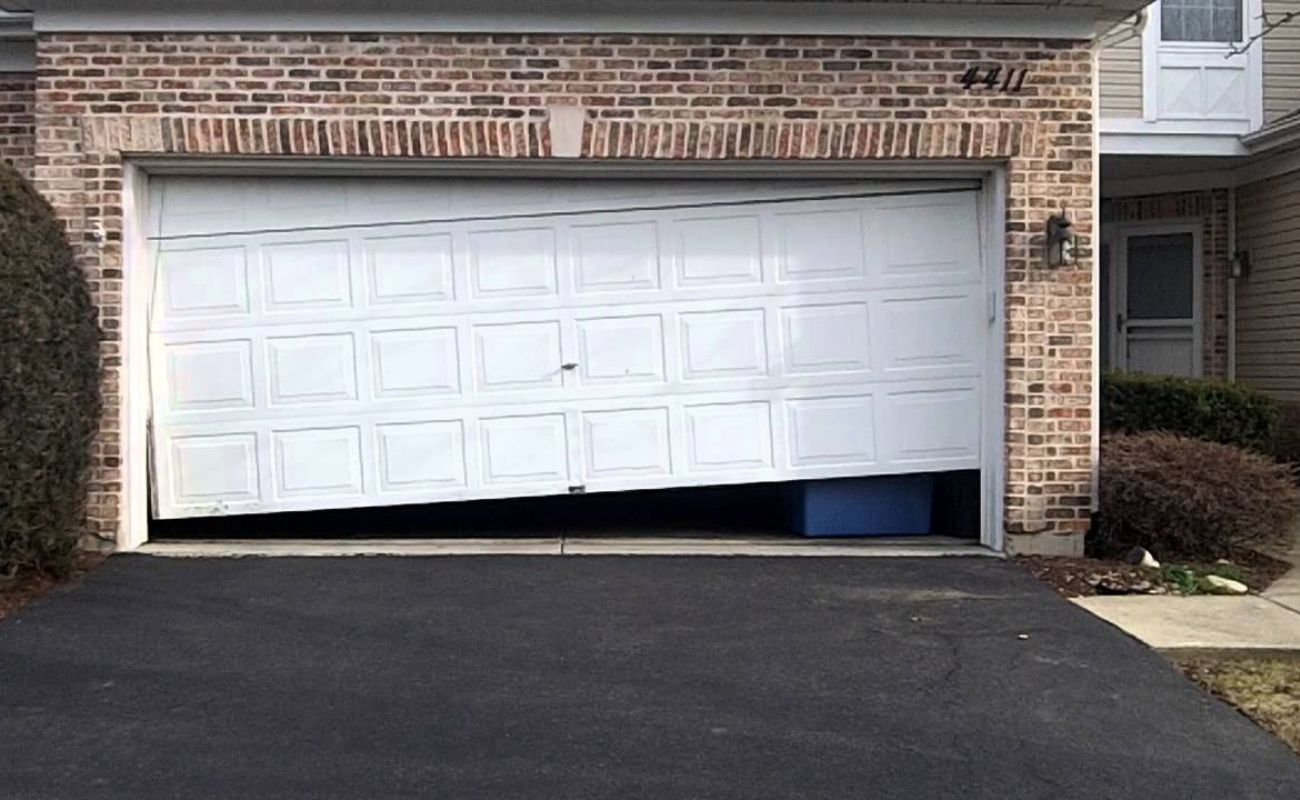
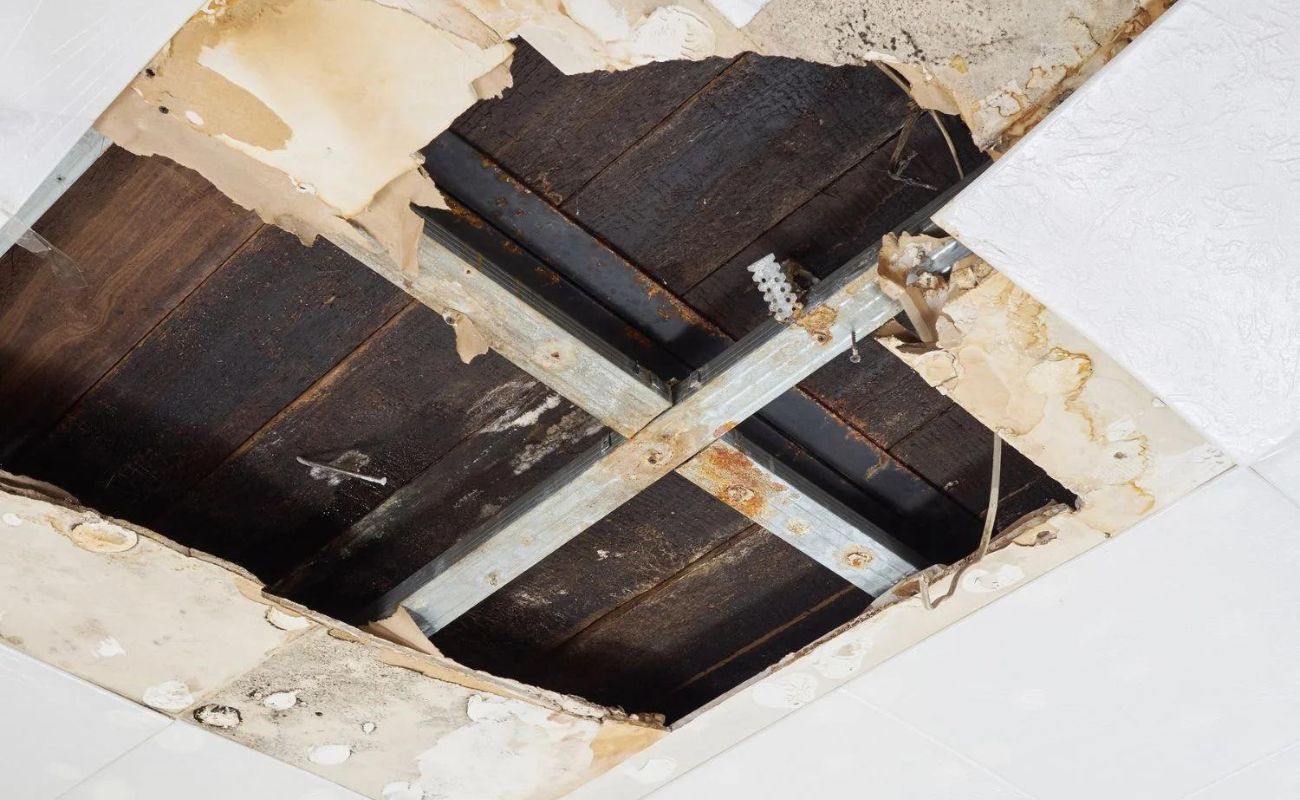
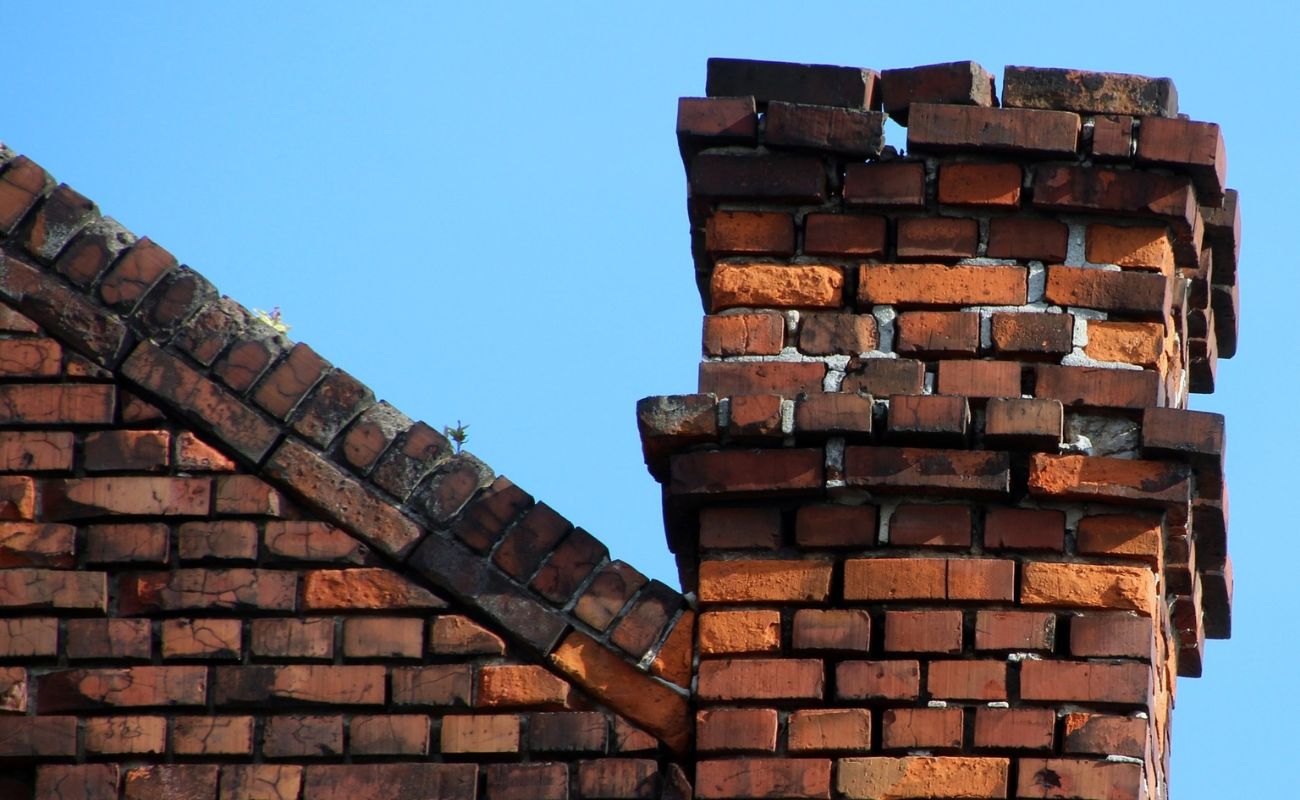
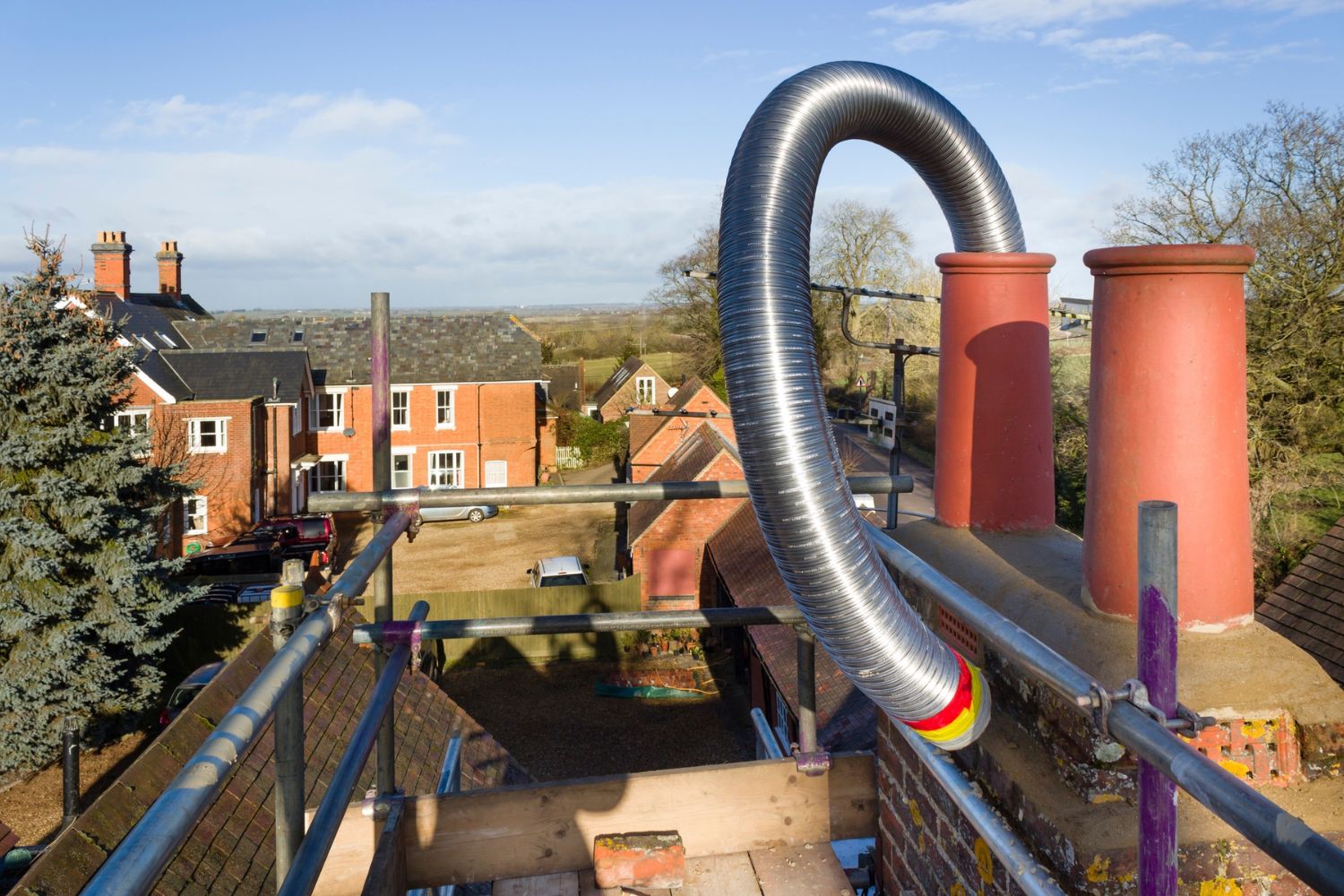

0 thoughts on “How Much Does Chimney Inspection Cost”